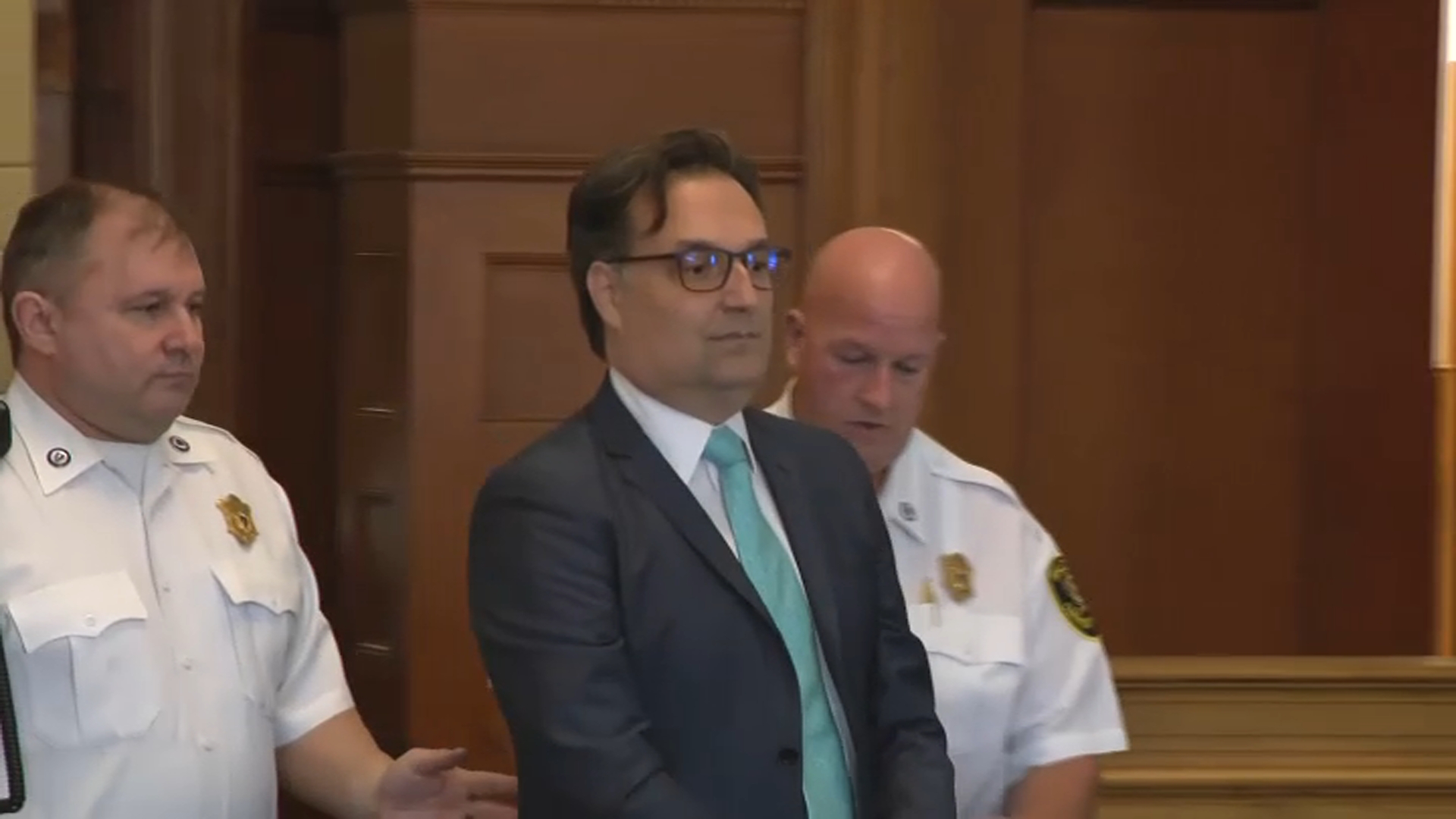For more than two decades, Rev. Howard Haywood served historic Myrtle Baptist Church, one of the first places of worship for African-Americans in Newton, Massachusetts.
Haywood, who was born and raised in the Garden City, passed away last month at 78. One of the most influential voices in the fight for affordable housing in Newton, stakeholders in the community are trying to figure out how to carry on his legacy.
During the early 1960s, the Massachusetts Turnpike expansion came roaring through his West Newton neighborhood, displacing many black home owners and businesses.
"In 1962, he lost his home on Simms Court," said church member Shelby Robinson.
When they tried to move back, many were locked out because of racial discrimination.
"People didn't want to live next door to black people, they wouldn't sell," said Robinson.
Part of this cycle of hurt is what motivated Haywood to become so heavily involved in the fight for affordable housing.
Local
In-depth news coverage of the Greater Boston Area.
"Just shortly before he died, Reverend Haywood reached out and said, 'You need to continue to push against closed doors and make sure we are opening them,'" said Newton Mayor Ruthanne Fuller.
Newton remains an affluent and highly educated community, just minutes from Boston. With that come sky high home prices, rising rents and misconceptions.
"Everybody's demonized affordable housing. 'Oh my gosh, the others are going to come and lower our property values,'" explained Robinson.
Despite the opposition and challenges, Haywood usually found a way, even at his own expense.
"He didn't take a salary because he wanted the money to stay in the church," said Robinson.
He worked another full-time job in construction. And instead of living for free in the pastor's parsonage, his vision for a plot of land across from the church on Curve street eventually turned into seven magnificent town houses for rent, now called Myrtle Village, built for people trying to get by.
"His thought was, 'I have a place.' His thought was, 'I want to provide a place for people that don't have a place,'" said Robinson.
His efforts also helped pass a city ordinance, raising the minimum requirement for affordable housing units to be set aside in new apartment buildings.
A few months ago, in one of his final public speaking engagements, the community honored him at Temple Shalom for everything he's done.
"I want to stay and fight for the community that I loved, and cherished, and try to make it a better place," Haywood said.
As friends reflect on his words of wisdom and guidance, Rabbi Eric Gurvis wanted others in the community to take on this fight.
"Because he said, 'My time is short, and I'm not going to be around, so you all need to step up,'" said Gurvis.
Housing advocate Nancy Zoller says he taught people how to work with other people from diverse backgrounds.
"He showed us coalition building, interfaith work, talking to our neighbors," said Zoller.
They all agree Haywood's lasting legacy will be his ability to look beyond the differences by bringing people together. That's exactly what they're now trying to do.



